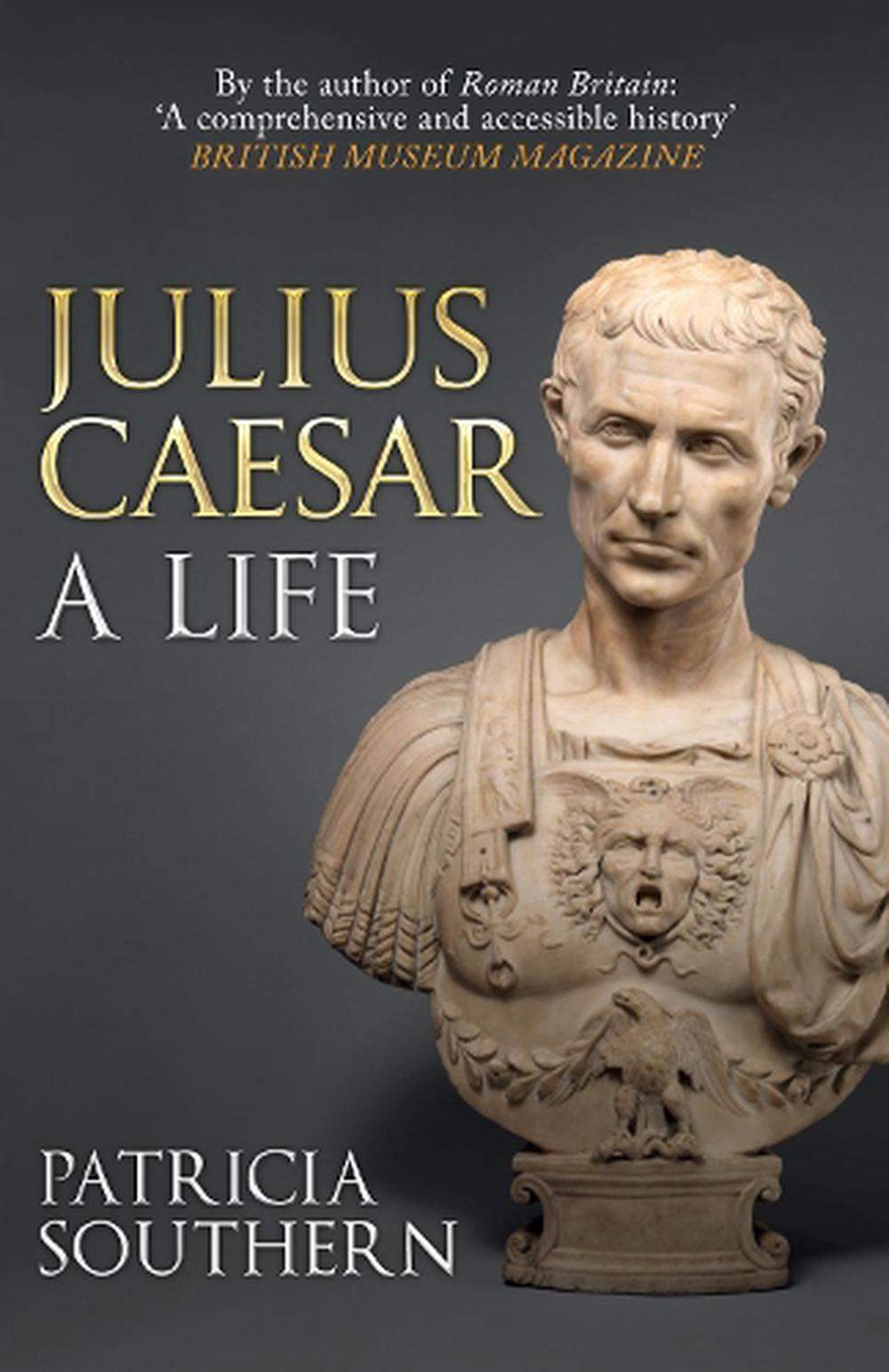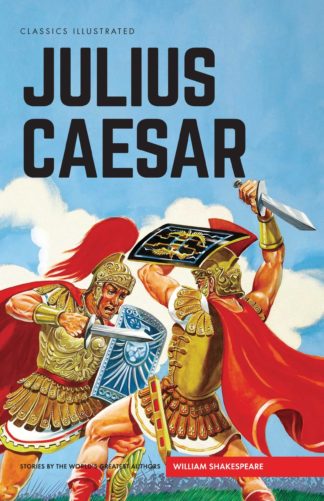

In the Senate building the conspirators crowd round Caesar before stabbing him to death. On the day of the assassination, Caesar’s wife Calpurnia describes an ominous dream she had of his dead body spurting blood and begs him to stay at home, but one of the conspirators, Decius Brutus, smoothly reinterprets her dream in a positive light and persuades Caesar to go to the senate as planned.

Brutus hasn’t told her about the planned assassination and does his best to calm her nerves. When they’ve left Brutus’s wife reveals her extreme anxiety that something terrible is about to happen. The conspirators turn up at Brutus’s house and they finalise their plans. The night before the planned assassination is wild and stormy, with various characters observing or hearing of ominous portents and signs. As Cassius says to himself (and the audience) after Brutus has left him.ĬASSIUS: Well, Brutus, thou art noble yet, I see, Cassius is depicted as a wily and slippery friend-cum-tempter who convinces Brutus to join a conspiracy to murder Caesar. Brutus is a noble upstanding ally and friend of Caesar, but he fears that Caesar will become king and so overthrow the republic which he loves. The play opens with Rome preparing for Caesar’s triumphal entrance accompanied by his best friend and deputy, Mark Antony.

The first half of the play depicts the conspiracy leading up to his assassination, the second half depicts the main consequences. The figure the play is named after, Julius Caesar, actually dies half way through the play. The three lives he drew from are those of:Īs you can see, whereas the assassination only takes up the last tenth of Caesar’s life, and the period from the assassination to the Battle of Philippi only takes up ten of Antony’s 87 chapters, the assassination and aftermath constitute almost all of Plutarch’s life of Brutus which may, at a very basic level, explain why Brutus emerges as the hero’ of Shakespeare’s play. The plot is based entirely on three of Plutarch’s biographies of eminent Romans, which Shakespeare found in Sir Thomas North’s translations into English of The Lives of the Most Noble Greeks and Romans, first published in 1579. These volumes make these works available for the first time in print-a new First Folio for a new era.Shakespeare’s play, Julius Caesar, was first produced, in all probability, in 1599. Enlisting the talents of a diverse group of contemporary playwrights, screenwriters, and dramaturges from diverse backgrounds, this project reenvisions Shakespeare for the twenty-first century. These translations present the work of “The Bard” in language accessible to modern audiences while never losing the beauty of Shakespeare’s verse. This translation of Julius Caesar was written as part of the Oregon Shakespeare Festival’s Play On! project, which commissioned new translations of thirty-nine Shakespeare plays. Shishir Kurup’s translation updates Shakespeare’s language to allow more of the playwright’s ideas to come through it opens the wonders and blazing relevance of the play’s rhetorical brilliance to the twenty-first century. Julius Caesar, Shakespeare’s famous Roman tragedy, chronicles the chaos leading up to the fateful murder of Caesar and the ensuing political fallout upon his death. A fresh, contemporary translation of one of Shakespeare’s most dramatic and popular plays.


 0 kommentar(er)
0 kommentar(er)
